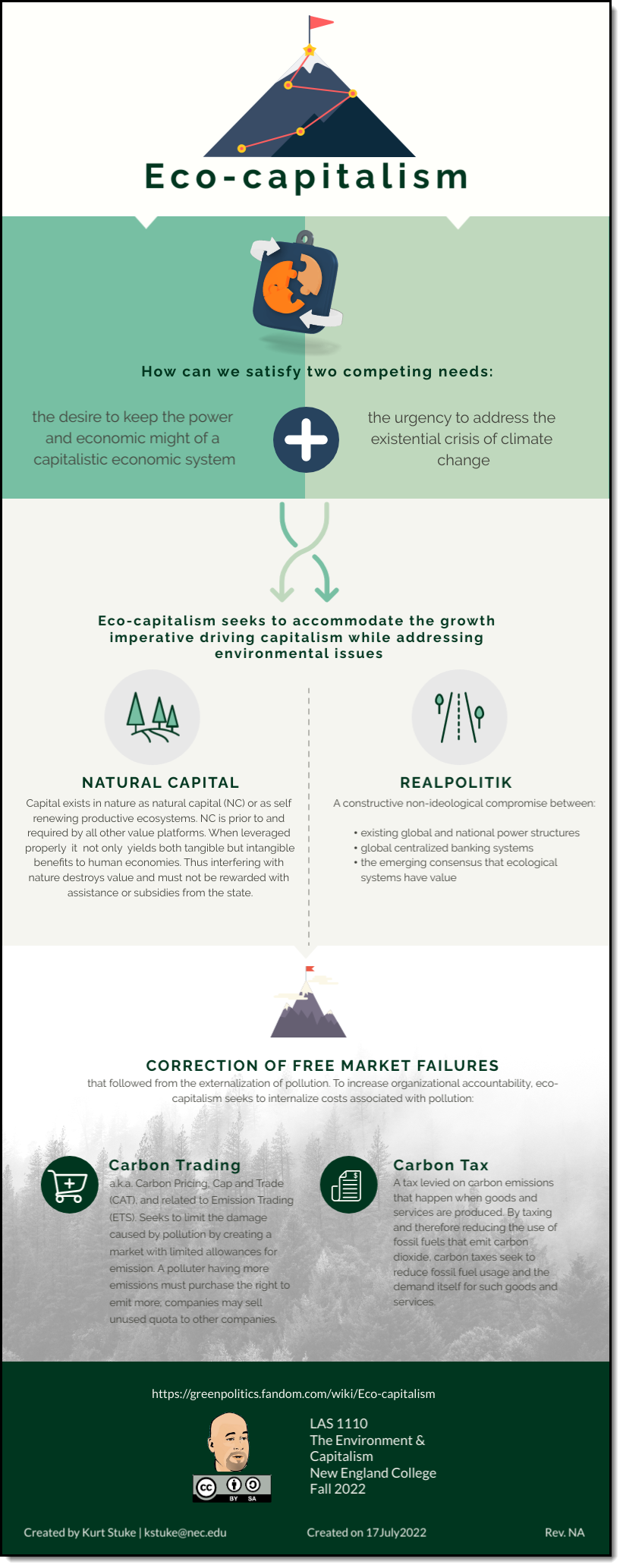Module 7
The Triple Bottom Line
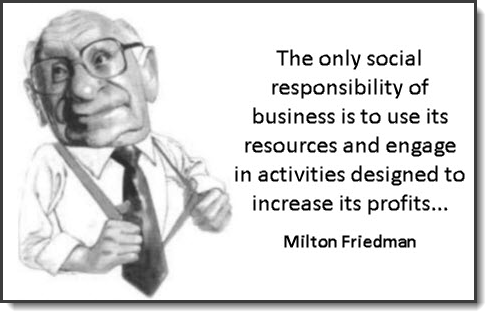
While many businesses continue to operate on a single bottom line and shareholder basis, over the past several decades many businesses have expanded the traditional bottom line (focused solely on profit) to one that also include people and planet. Accordingly, this view is referred to as the Triple Bottom Line or TBL. Those entities who have a stake in the success of the organization are designated as stakeholders.
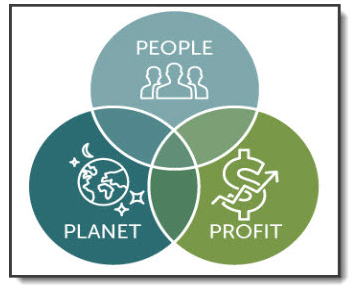
Below is an infographic discussing the TBL. As you can imagine, one potential barrier is how do you measure return outside of profitability:
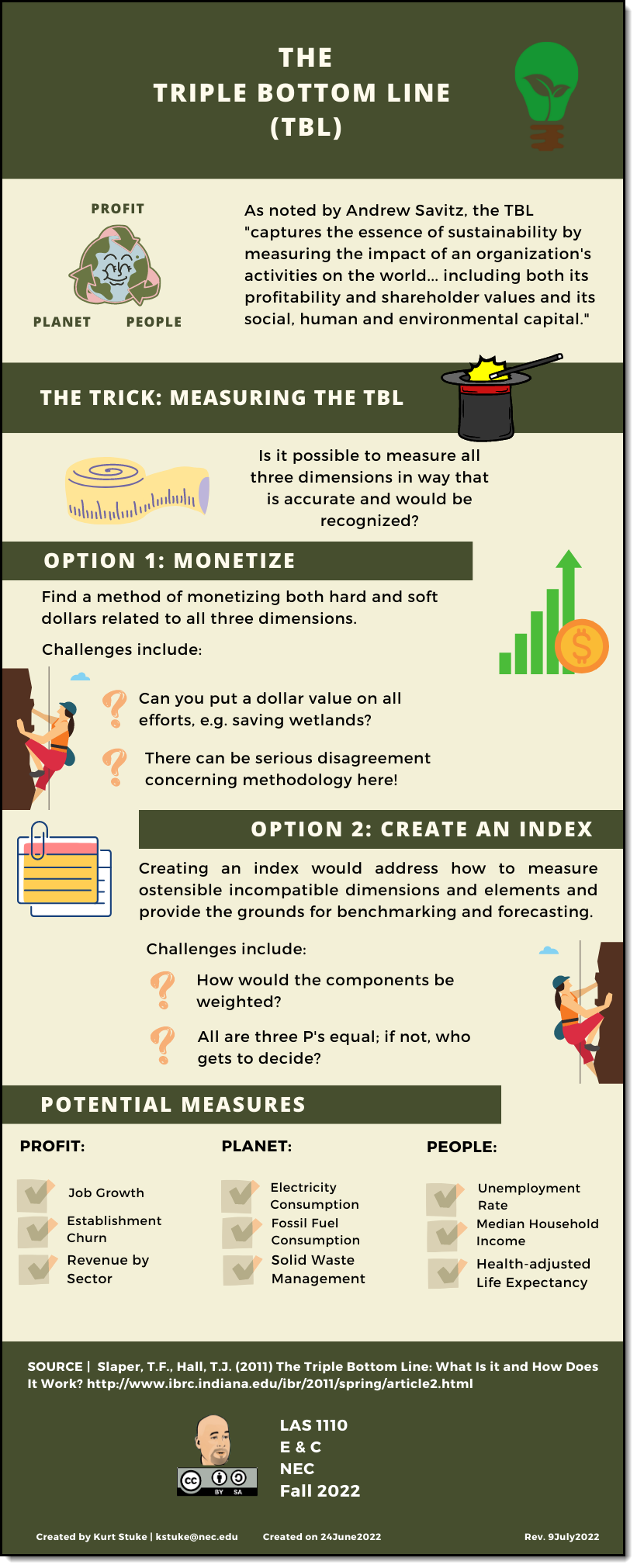
Corporate Social Responsibility
The notion that a company has obligations not only internally but externally has fostered the CSR movement. Here is a brief video explaining the meaning of CSR:One of the earlier modern proponents of CSR was Archie Carroll. His model (displayed below) illustrates how CSR ranges well beyond compliance with legal requirements and organically favors a stakeholder perspective:
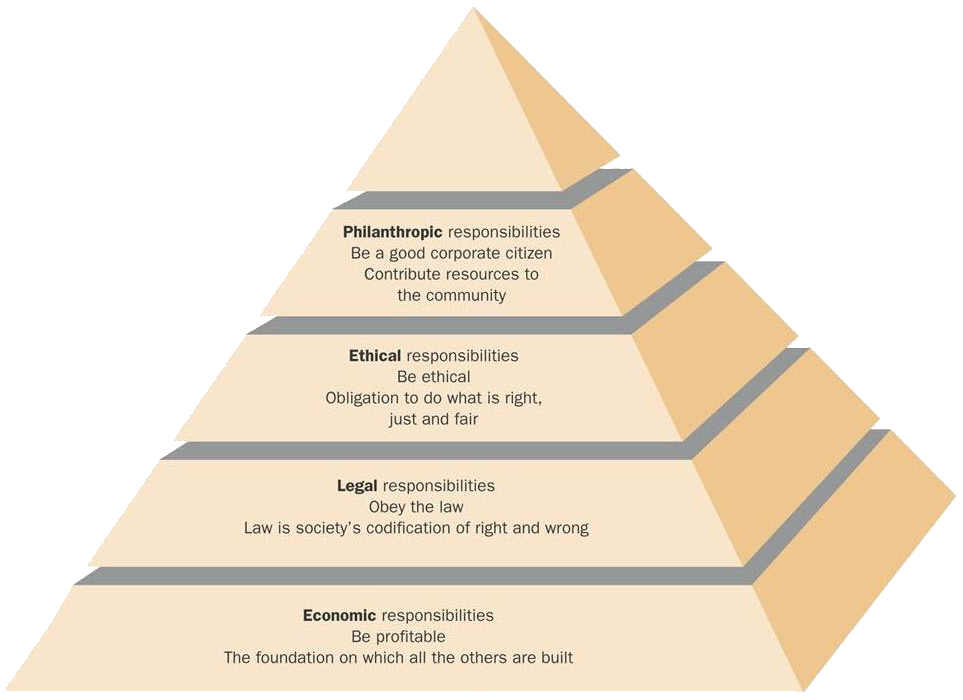
Here is a timeline depicting the development of the CSR movement since the introduction of Carroll's model in 1976:
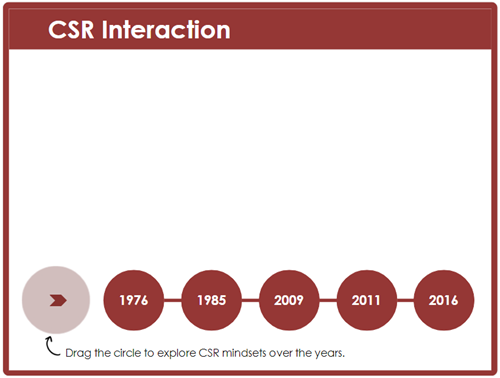
Microsoft Case Study
Potential Discussion Prompts:
- Would you rather invest in a highly profitable company that has no CSR program or in a mildly profitable company with a solid CSR program - why?
- Does Microsoft's carbon neutrality impact your brand loyalty (or lack of loyalty)?
- Microsoft has donated billions to NGOs to help fight climate change; is this a misuse of company profitability?
B ("Benefit") Corporations
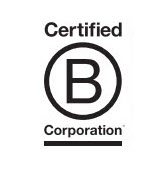
Have you noticed the B or Benefit Corp logo when you shop? The movement is a recent one and asks the question if the economic power of capitalism can be used to fuel positive change . Here is a quick video detailing the "why" or the vision behind the movement:
Here is a supplemental video explaining the "how" while also addressing the "why:"
The B Impact Assessment, voluntarily undergone by all companies seeking B Corp certification, utilizes the following categories of measurement:
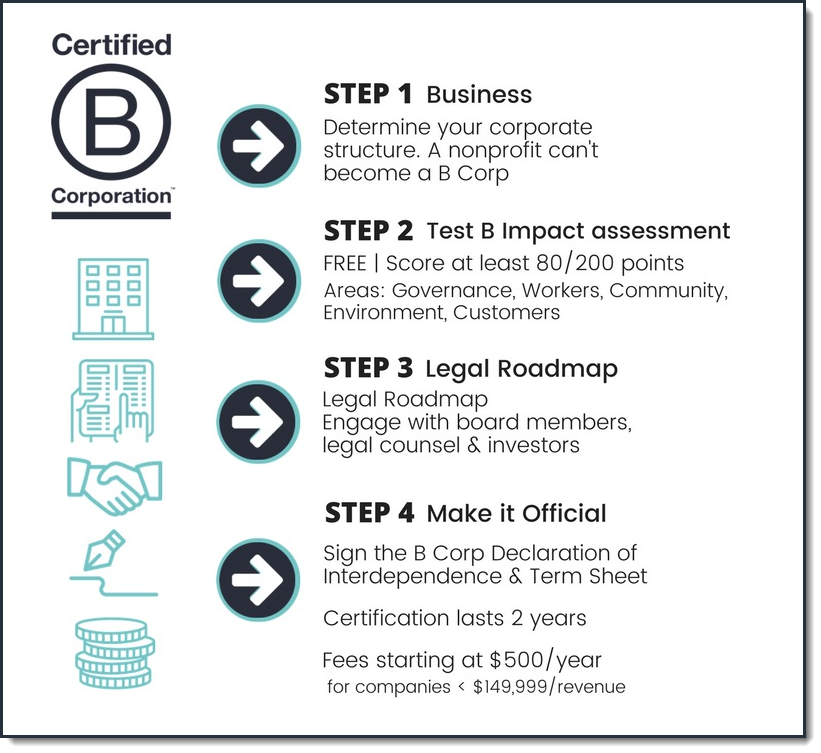
B Impact Assessment Interaction
Using the graphic offered above and after visiting the dedicated page explaining the criteria, rank the five assessment criteria in order of importance. For the purpose of this interaction, assume you are weighing the criteria from an environmental perspective.ISO & Social Responsibility
The International Standards Organization was formed shortly after the Second War World. The seminal aspiration was to leverage expertise to develop optimized ways (processes) of accomplishing a end. The standards (think of these as recipes for process optimization) could then be shared on a global level. ISO works with over 160 national standard bodies and has published standards in just about every known field. Here is a short video introducing ISO:You may be thinking that this is somewhat interesting but asking what does this have to do with our course? Good question! The ISO has developed two standards that are of direct relevance.
ISO 14001: Environmental Management Systems:
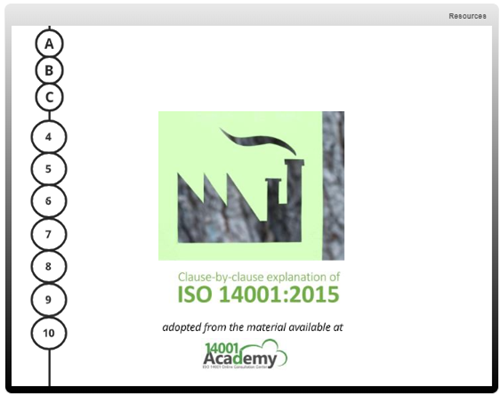
ISO 26000: Social Responsibility
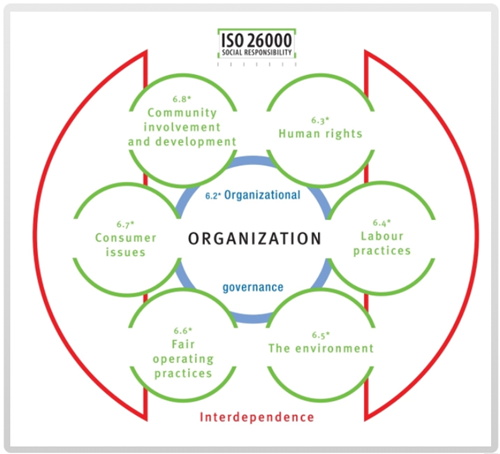
Potential Discussion Prompts:
- Does the existence of ISO standards demonstrate a new course taken by companies within the free market?
- Given that ISO26000 is not a standard to which a company can be certified does that mean the standard lacks the ability to drive change?
- How do the categories used within the B Corp Impact Assessment line up with the categories used within the ISO standards? So what?
Eco-capitalism
